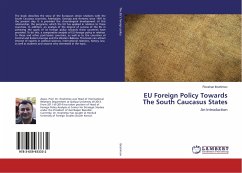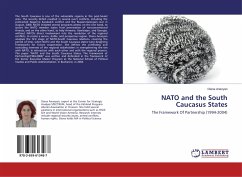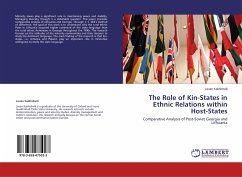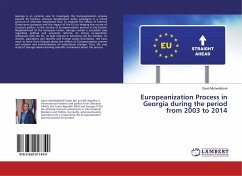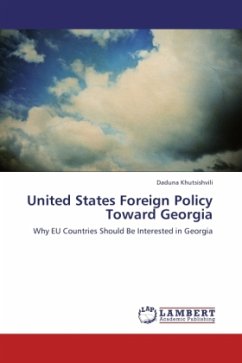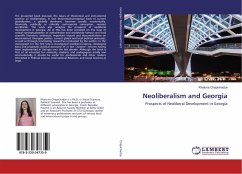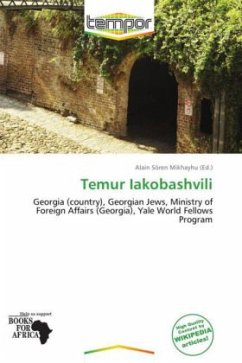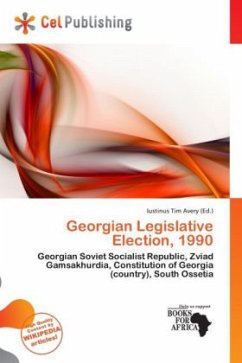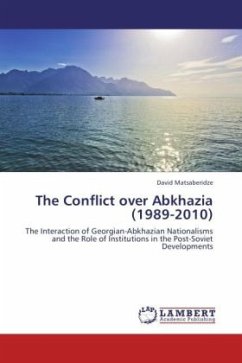
The Conflict over Abkhazia (1989-2010)
The Interaction of Georgian-Abkhazian Nationalisms and the Role of Institutions in the Post-Soviet Developments
Versandkostenfrei!
Versandfertig in 6-10 Tagen
52,99 €
inkl. MwSt.

PAYBACK Punkte
26 °P sammeln!
This study reflects on the role of institutions and institutional actors in the conflict over Abkhazia from the late 1980s till the Russian recognition of the independence of Abkhazia and South Ossetia after the August War of 2008. Institutionalism is chosen as the theoretical framework of the study. The investigation does not follow the traditional chronological description, but offers a problem-based narration. The research explores the Soviet-inherited institutions (constitutions, supreme soviets, political and economic decrees) which determined the path-dependence of the conflict. The rese...
This study reflects on the role of institutions and institutional actors in the conflict over Abkhazia from the late 1980s till the Russian recognition of the independence of Abkhazia and South Ossetia after the August War of 2008. Institutionalism is chosen as the theoretical framework of the study. The investigation does not follow the traditional chronological description, but offers a problem-based narration. The research explores the Soviet-inherited institutions (constitutions, supreme soviets, political and economic decrees) which determined the path-dependence of the conflict. The research claims that the failure of the conflict resolution projects was caused by divergent interpretations of the future institutional relations between the two ethnic groups. Therefore, overcoming the Soviet institutionally inherited legacies is the number one problem. It is also argued that the re-institutionalization of Georgian-Abkhazian relations requires the re-modeling of the relations between external actors. Nevertheless, the flexibility of institutional solutions brings some hopes for the re-negotiation of inter-ethnic political relations between Georgians and Abkhazians.



